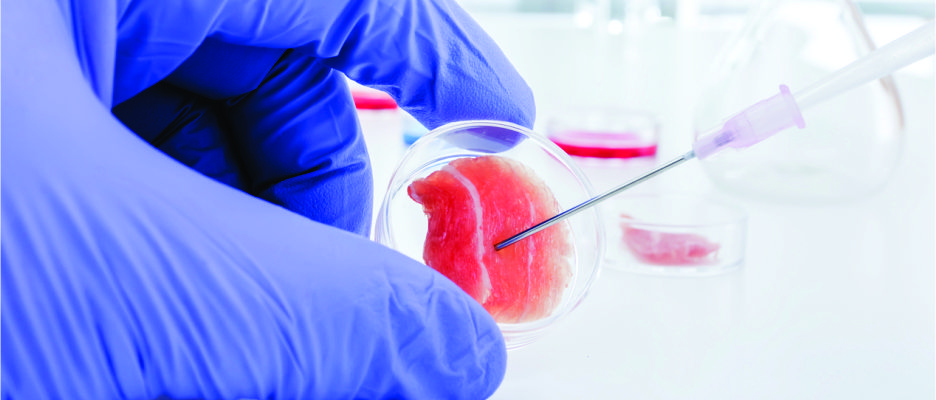If you or someone you know is considering a bone marrow transplant, it’s important to understand the potential effects it can have on fertility. While bone marrow transplants can be lifesaving procedures, they can also have a lasting impact on a person’s ability to conceive a child. In this blog post, we’ll explore what you need to know about bone marrow transplants and infertility.
What is a bone marrow transplant And Infertility:?
A bone marrow transplant is a medical procedure that replaces a person’s damaged or diseased bone marrow with healthy bone marrow. Bone marrow is the spongy tissue inside bones that produces blood cells. A bone marrow transplant can help treat a variety of conditions, including leukemia, lymphoma, and certain genetic disorders.
There are two types of bone marrow transplants:
autologous and allogeneic. In an autologous transplant, a person’s own bone marrow is collected and then infused back into their body after they have received high-dose chemotherapy or radiation therapy. In an allogeneic transplant, the bone marrow comes from a donor, who is usually a sibling or someone else with a closely matched tissue type.
How does a bone marrow transplant affect fertility?
A bone marrow transplant can affect fertility in several ways. First, the high-dose chemotherapy or radiation therapy used before the transplant can damage the ovaries or testes, which can lead to infertility. In women, this can result in premature ovarian failure, which occurs when the ovaries stop functioning before the age of 40. In men, it can cause a decrease in sperm production and quality.
Second, if the bone marrow transplant is allogeneic, the donor’s immune cells can attack the recipient’s reproductive organs, causing further damage. This is known as graft-versus-host disease (GVHD) and can affect the ovaries, uterus, and testes. Finally, certain medications used to prevent GVHD after a bone marrow transplant can also affect fertility. For example, cyclophosphamide, a chemotherapy drug sometimes used to prevent GVHD, can cause infertility in both men and women.
Second, if the bone marrow transplant is allogeneic, the donor’s immune cells can attack the recipient’s reproductive organs, causing further damage. This is known as graft-versus-host disease (GVHD) and can affect the ovaries, uterus, and testes. Finally, certain medications used to prevent GVHD after a bone marrow transplant can also affect fertility. For example, cyclophosphamide, a chemotherapy drug sometimes used to prevent GVHD, can cause infertility in both men and women.
What can you do to preserve fertility before a bone marrow transplant?
If you are planning to undergo a bone marrow transplant, it’s important to discuss the potential impact on fertility with your healthcare team. Depending on your age, gender, and the type of transplant you will be receiving, there may be options to preserve your fertility before the procedure.
For women, the most common option is to freeze eggs or embryos before the bone marrow transplant. This involves stimulating the ovaries with hormones to produce multiple eggs, which are then collected and frozen for future use. This procedure is called fertility preservation or cryopreservation.
For men, the most common option is to freeze sperm before the bone marrow transplant. This involves providing a semen sample, which is then frozen for future use. This procedure is also called sperm cryopreservation.
It’s important to discuss these options with your healthcare team early in the bone marrow transplant process, as the timing of the procedure can impact the success of fertility preservation. For example, if you are undergoing an autologous transplant, it may be possible to delay the start of chemotherapy or radiation therapy in order to complete fertility preservation procedures first.
For women, the most common option is to freeze eggs or embryos before the bone marrow transplant. This involves stimulating the ovaries with hormones to produce multiple eggs, which are then collected and frozen for future use. This procedure is called fertility preservation or cryopreservation.
For men, the most common option is to freeze sperm before the bone marrow transplant. This involves providing a semen sample, which is then frozen for future use. This procedure is also called sperm cryopreservation.
It’s important to discuss these options with your healthcare team early in the bone marrow transplant process, as the timing of the procedure can impact the success of fertility preservation. For example, if you are undergoing an autologous transplant, it may be possible to delay the start of chemotherapy or radiation therapy in order to complete fertility preservation procedures first.
What can you do to address infertility after a bone marrow transplant?
If you have already undergone a bone marrow transplant and are experiencing infertility as a result, there are still options available to help you conceive. The specific approach will depend on the underlying cause of infertility.
For women, options may include in vitro fertilization (IVF), which involves fertilizing an egg with sperm outside the body and then transferring the resulting embryo to the uterus. IVF can also be combined with intracytoplasmic sperm injection (ICSI), which involves injecting a single sperm directly into an egg
For women, options may include in vitro fertilization (IVF), which involves fertilizing an egg with sperm outside the body and then transferring the resulting embryo to the uterus. IVF can also be combined with intracytoplasmic sperm injection (ICSI), which involves injecting a single sperm directly into an egg




